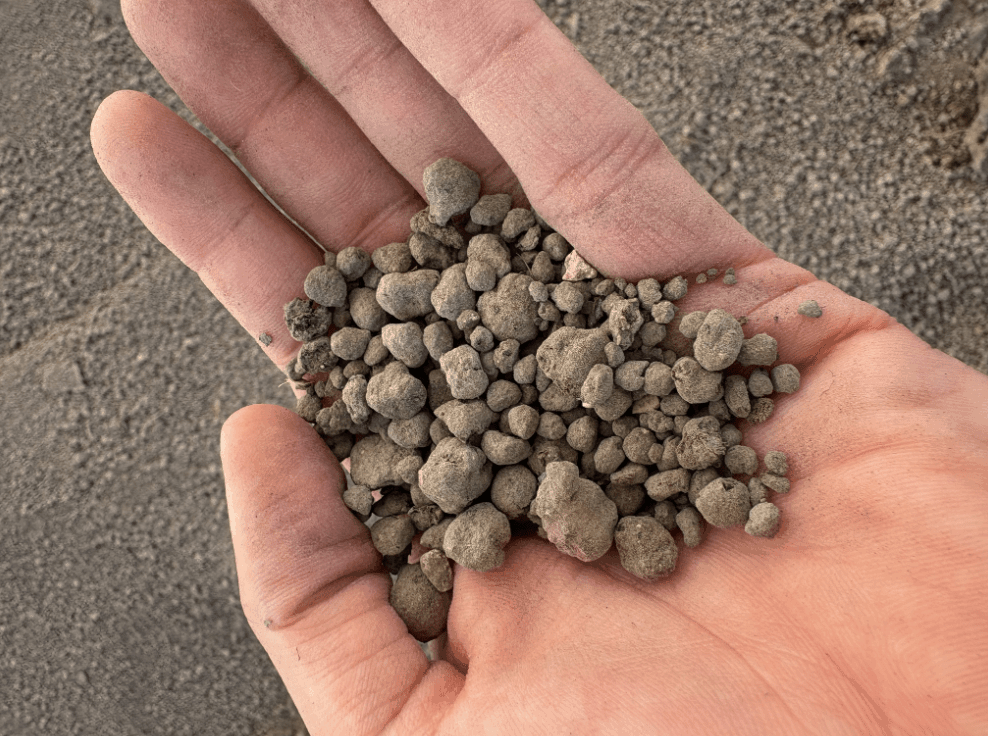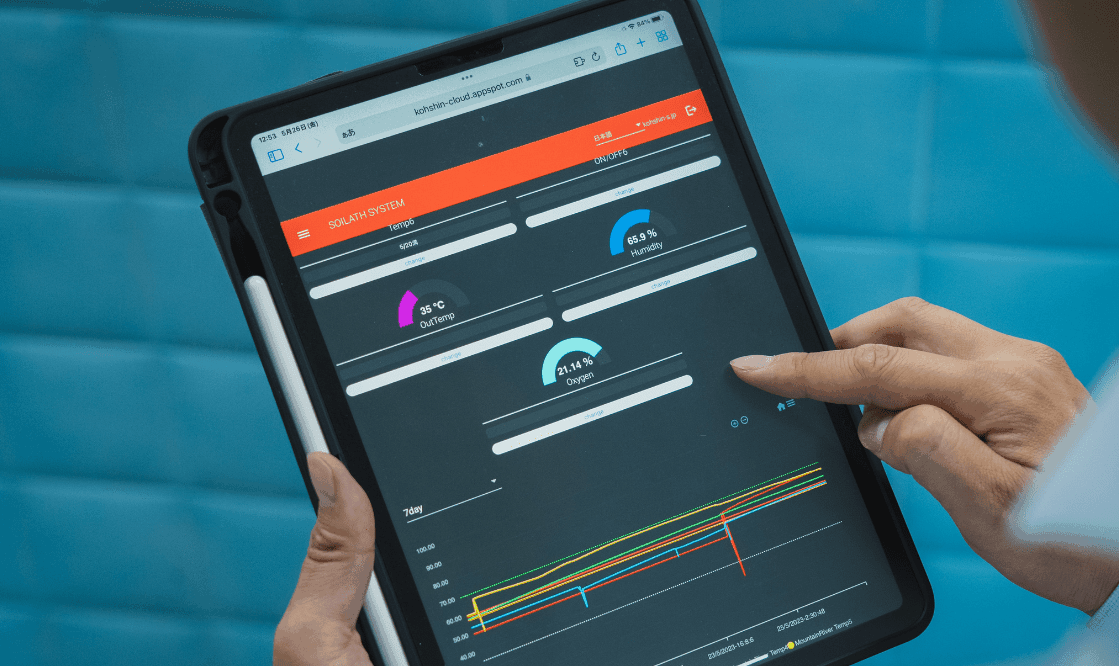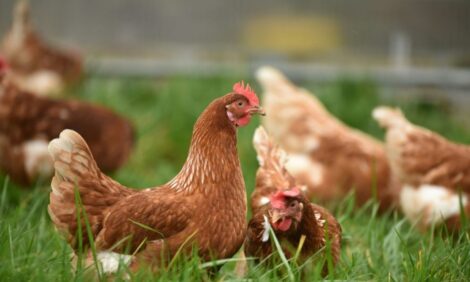



Turning challenges into opportunities with composting
How manure composting can generate you new revenueThe growing challenge of manure management
With the growth of the poultry industry, farms face increasing challenges in managing significant volumes of manure and organic waste. Improperly handled, this waste can lead to the spread of disease and environmental contamination. When untreated manure is applied to soil, it can elevate salinity levels, which degrades soil health and hinders crop productivity. High salinity disrupts plant growth, ultimately impacting farmers’ yields and profitability. Developing better ways to manage manure is essential for a sustainable future.
From manure drying to composting
Drying manure has been a common practice in different countries around the globe. It is also believed that dried manure has some benefits, but what about its serious limitations? When dried manure gets wet, it returns to its original state, with a bad smell. Additionally, drying manure causes salts to become more concentrated. High salt levels in soil can harm plants, damage soil structure, and make it harder for crops to grow. Because of these issues, dried manure is not ideal as organic fertilizer.
Why composting is better than drying
Composting manure stabilizes key nutrients, like nitrogen, ensuring their gradual release into the soil. This slow-release process allows plants to absorb nutrients over time, minimizing nitrogen leaching—an issue often seen with dried manure applications. Furthermore, composting enriches the soil with organic matter, enhancing moisture retention, which is particularly beneficial in arid regions. Unlike dried manure, composted manure prevents salt accumulation, supporting robust root development and fostering healthier soil conditions that enable crops to thrive.

Moreover, composting significantly mitigates the unpleasant odors typically associated with untreated or dried manure, transforming them into a natural, earthy smell as the organic materials stabilize. Composting also generates fewer greenhouse gases, helping to reduce pollution and promote cleaner air, contributing to both environmental quality and community well-being.
How composting benefits farmers
For farmers, composting offers several practical and financial benefits. Turning manure into compost helps reduce waste management costs and keeps farms in line with environmental standards. Some farmers may also use composting to gain organic certification, which can open up new market opportunities. With composting, farmers have been able to sell organic fertilizer, creating an additional source of income.
Moving forward with innovative composting technologies
Kohshin’s commitment to improving manure management has led us to the development of our advanced composters that are designed to revolutionize manure management by transforming waste into nutrient-rich compost with unmatched efficiency. These machines create the ideal conditions for aerobic bacteria, accelerating decomposition and delivering faster processing times. With their ability to control odors, save space, and enhance soil health, our composters are the ultimate solution for sustainable waste management.

Complementing these machines, the Soilath System takes composting to the next level. This advanced technology monitors the conditions within the pile and optimizes bacterial activity, ensuring superior compost quality while minimizing bad smells.
Together, our composters and the Soilath System offer a highly efficient, eco-friendly alternative to traditional manure drying methods. By choosing aerobic composting, you’re not just improving waste management — you’re investing in better soil, healthier crops, and a more sustainable future for agriculture.
Our mission: promoting sustainable agriculture through composting
As a company rooted in Japan's strong tradition of eco-consciousness, our mission is to bridge the gap between the poultry and agriculture sectors. By providing innovative manure treatment solutions, we aim to create a system where both industries can benefit.
Together with our partners and clients, we are creating a circular agricultural system where manure is no longer waste, but a resource that enriches the soil and supports sustainable farming practices for the future.









